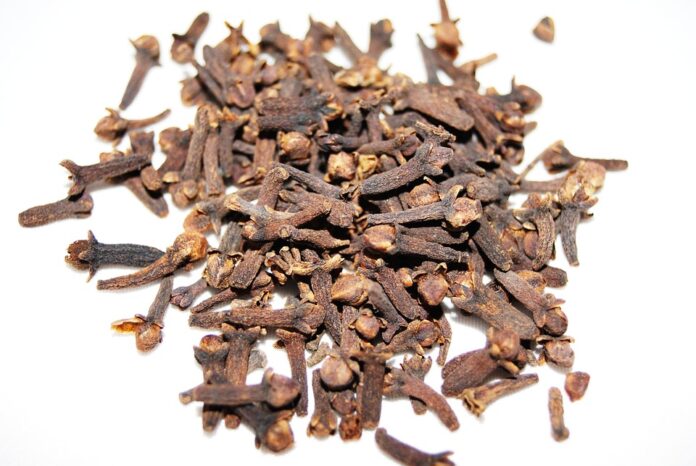In 2025, the global clove market continues to thrive, with several countries playing a significant role in the production of this aromatic spice. Cloves are widely used in culinary applications, as well as in the pharmaceutical and cosmetic industries. In this report, we will explore the top 10 clove-producing countries in the world in 2025, based on production volume, financial data, and industry insights.
1. Indonesia
Indonesia remains the largest producer of cloves in the world, accounting for a significant portion of the global market share. The country’s tropical climate and fertile soil provide ideal conditions for clove cultivation. In 2025, Indonesia is projected to produce over 80,000 metric tons of cloves, generating substantial revenue for the country’s economy.
2. Madagascar
Madagascar is another key player in the clove market, known for its high-quality cloves with a rich flavor profile. The country’s unique terroir contributes to the distinct aroma and taste of Malagasy cloves. In 2025, Madagascar is expected to produce around 20,000 metric tons of cloves, making it one of the top producers in the world.
3. Tanzania
Tanzania is a significant clove-producing country in East Africa, renowned for its premium quality cloves. The country’s clove industry provides employment opportunities for thousands of Tanzanians and contributes significantly to the country’s economy. In 2025, Tanzania is projected to produce over 15,000 metric tons of cloves, solidifying its position as a key player in the global market.
4. Sri Lanka
Sri Lanka has a long history of clove cultivation, dating back to ancient times. The country’s cloves are prized for their intense flavor and aroma, making them highly sought after in the international market. In 2025, Sri Lanka is expected to produce over 10,000 metric tons of cloves, further strengthening its position as a top clove producer.
5. India
India is a significant player in the global clove market, with the country’s cloves being used in various culinary dishes and traditional medicines. In 2025, India is projected to produce around 8,000 metric tons of cloves, contributing to the country’s agricultural output and export earnings.
6. Zanzibar
Zanzibar, a semi-autonomous region of Tanzania, is renowned for its high-quality cloves, which are considered some of the best in the world. The clove industry plays a vital role in the economy of Zanzibar, providing employment opportunities for local residents. In 2025, Zanzibar is expected to produce over 5,000 metric tons of cloves, further solidifying its position as a top clove-producing region.
7. Comoros
Comoros, an island nation in the Indian Ocean, is known for its premium quality cloves, which are prized for their intense aroma and flavor. The country’s clove industry is a significant contributor to the economy, providing livelihoods for many Comorians. In 2025, Comoros is projected to produce around 3,000 metric tons of cloves, maintaining its position as a key player in the global market.
8. Malaysia
Malaysia is a notable clove-producing country in Southeast Asia, known for its cloves’ unique flavor and aroma. The country’s clove industry is an essential part of Malaysia’s agricultural sector, contributing to the country’s economic growth. In 2025, Malaysia is expected to produce over 2,000 metric tons of cloves, further solidifying its position as a top producer in the region.
9. Brazil
Brazil is a significant player in the global clove market, with the country’s cloves being used in various culinary dishes and traditional medicines. In 2025, Brazil is projected to produce around 1,500 metric tons of cloves, contributing to the country’s agricultural output and export earnings.
10. Papua New Guinea
Papua New Guinea is a emerging player in the global clove market, with the country’s cloves gaining popularity for their unique flavor and aroma. In 2025, Papua New Guinea is projected to produce around 1,000 metric tons of cloves, showcasing its potential as a key player in the industry.
Overall, the top 10 clove-producing countries in the world in 2025 play a crucial role in meeting the global demand for this aromatic spice. These countries’ rich cultural heritage and favorable growing conditions contribute to the high quality of their cloves, making them sought after in both domestic and international markets. As the global clove market continues to expand, these top producers are poised to maintain their positions and drive further growth in the industry.




